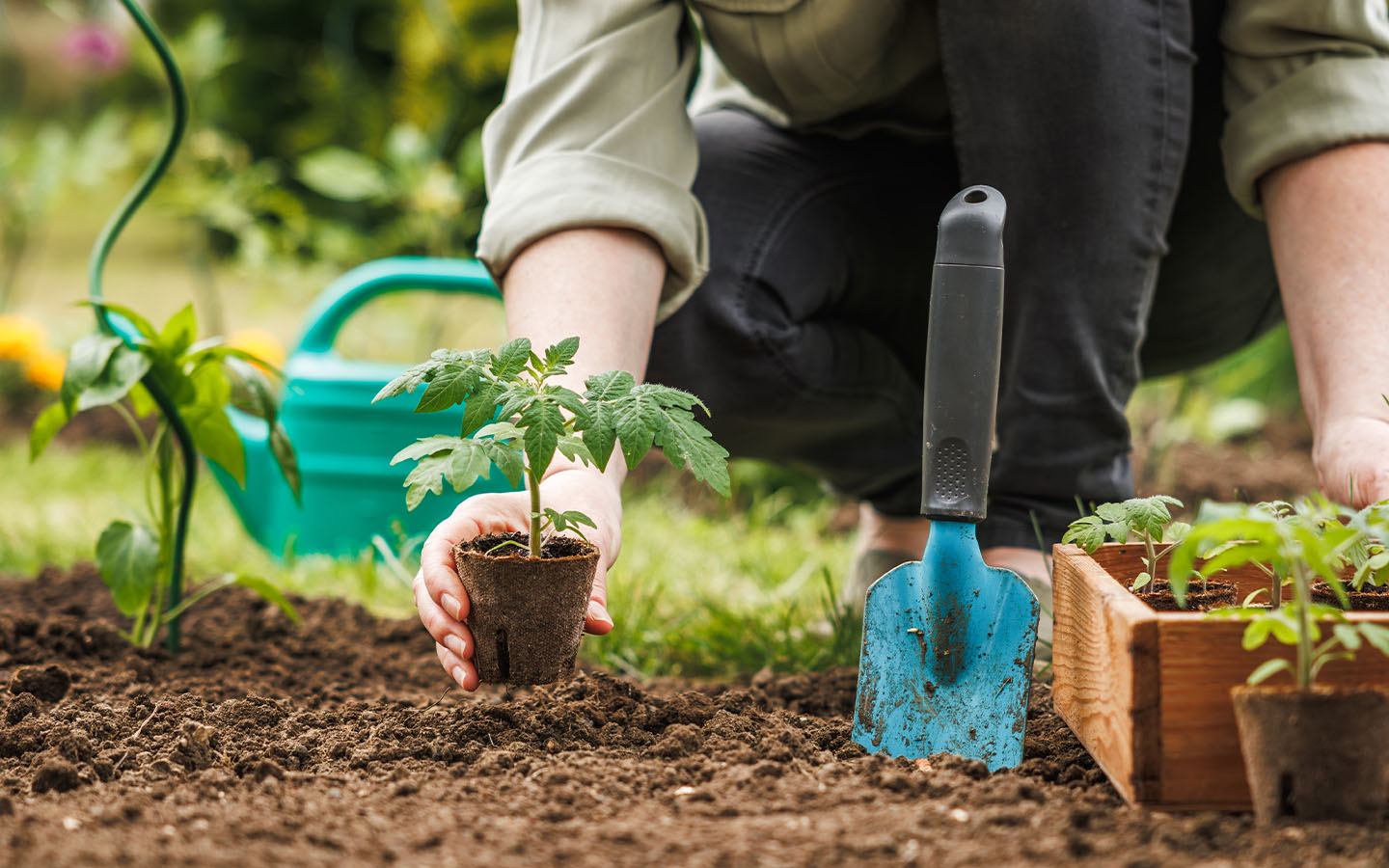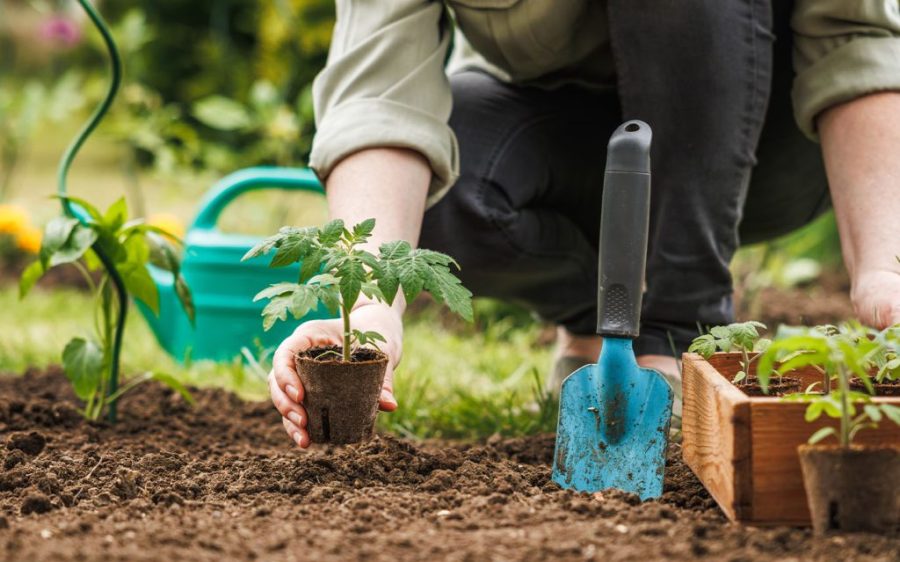Nature-based activities like gardening and care farming can significantly improve mental health and well-being while also benefiting the wider community, reports SciTechDaily.
As the UK government rolls out a new “green social prescribing” initiative aimed at improving mental health through nature-based programmes in local communities, the northern region of Humber and North Yorkshire is the first of seven pilot sites to publish results for the programme.
Their findings, published in the journal Health & Social Care in the Community, show that community-centred activities such as horticulture (gardening), care farming (the therapeutic use of farming), walking groups and outdoor mindfulness sessions, deliver results on par with traditional therapy regardless of participants’ age or gender, suggesting that such programmes could be a valuable addition to talk therapy and other mental health interventions.
“We have known for some time that nature has a positive impact on health and wellbeing, but in more recent years, a stronger evidence-base has grown that proves this to be true for mental health in particular,” Prof Peter Coventry, from the University of York’s Department of Health Science, told SciTechDaily.
“The fact that activities such as gardening, tending allotments, and care farming had the most impact on the participants in our study, demonstrated that it is not just about being passive in nature, but connecting with it in a meaningful way.”
[See more: Blocking mobile internet can improve your mood more effectively than antidepressants]
The study followed more than 220 participants, aged 18 to 85, as they took part in nature-based community activities for anywhere between one week and 12 weeks. Most participants took part on a weekly basis between one and four weeks, five to eight weeks, and others between nine and 12 weeks. Researchers assessed their mental health before and after joining structured activities, using established tools for measuring personal well-being as well as anxiety and depression.
Participants reported improvements across the board in well-being and mental health, but longer durations (9 to 12 weeks) and activities focused on direct interaction with nature (gardening and care farming) showed greater improvements than shorter programmes or those that merely took place outside, such as exercise, mindfulness sessions or outdoor crafts.
Looking at these results, Coventry noted that “it makes sense that taking part in shared activities close to home, especially those that involve caring for and improving your local environment, can help lift mood and reduce anxiety.”
Signs of improvement were comparable to those seen in short-term cognitive behavioural therapy (CBT), which requires one-on-one meetings with a licensed therapist for six weeks to a year or more. Trish Darcy, a research associate with the University’s Mental Health and Addiction Research Group, told ScitTechDaily that while nature-based community programmes may not work for everyone, more investment is needed to ensure this low-cost intervention is available to all.
“In our study, 65 percent of participants were from low socioeconomic groups and we now know that not only can it help improve their mental health, but participation was high for horticulture-based activities in particular, meaning that not only is it good for the individual, but for the local community environment too.”






